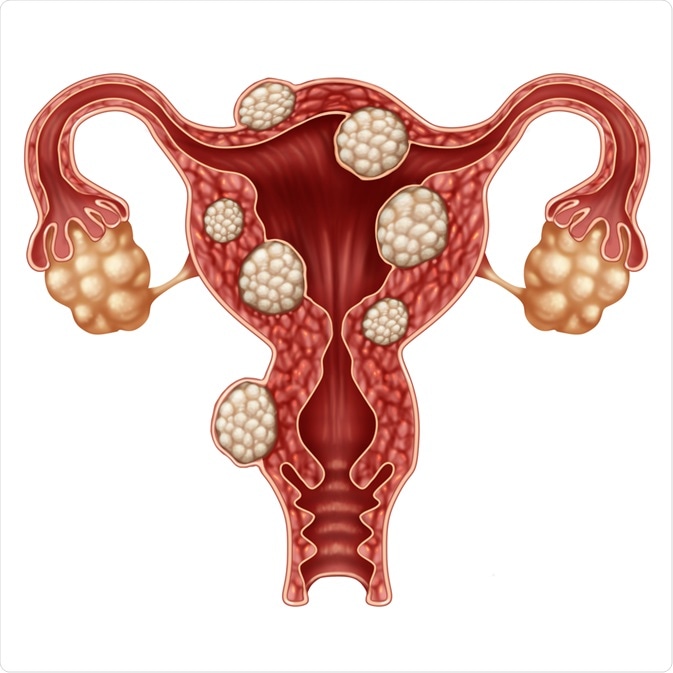Crying acts as a natural way to release emotions and can help relieve stress in difficult moments. However, health problems can arise and they can be caused by crying too often or too intensely.
Health problems caused by crying can arise, especially when linked to extreme emotions like grief, anxiety, or prolonged sadness. For instance, frequent crying may result in headaches, swollen eyes, or even chest discomfort due to increased stress.
Moreover, health problems caused by crying can include shortness of breath or heart palpitations, especially if crying episodes are intense. Individuals who cry excessively might also experience exacerbation of mental health conditions like depression.
Understanding these health problems caused by crying is crucial, as it helps people take the necessary steps to manage their emotional health effectively.
1. Headaches and Migraines
One of the most common physical effects of crying is a headache. The act of crying can cause muscle tension in the neck, shoulders, and scalp, leading to headaches or even migraines.
When you cry, your body releases a surge of stress hormones like cortisol, which can cause blood vessels in the brain to expand and trigger pain.
Frequent crying, especially if it’s intense, can worsen this pain, leaving you feeling drained and exhausted afterwards. For people already prone to migraines, crying can act as a trigger, making these episodes more frequent.
2. Puffy and Swollen Eyes
Crying often leads to swollen, red, and puffy eyes. This happens because tears contain salt, which can irritate the sensitive tissues around the eyes.
Additionally, the increased blood flow to the area during intense crying can cause fluid to accumulate, leading to puffiness.
If someone cries frequently, this can become more than just a temporary cosmetic issue—it can cause persistent irritation and swelling, particularly if they rub their eyes often during crying episodes.
3. Difficulty Breathing and Hyperventilation
During an intense crying spell, some people might experience shortness of breath or even hyperventilation. This occurs because crying affects your breathing pattern, causing rapid, shallow breaths.
When you hyperventilate, you expel too much carbon dioxide, which can lead to dizziness, light-headedness, or even fainting. For those with pre-existing respiratory conditions like asthma, crying episodes can exacerbate symptoms, making it harder to catch their breath.
4. Chest Pain and Heart Palpitations
Strong emotions, especially those tied to crying, can put a significant strain on your cardiovascular system. Crying intensely can lead to chest tightness and palpitations because it activates the body’s stress response.
The surge of adrenaline and other stress hormones can make your heart rate increase, which can feel like a racing heart or chest discomfort.
While occasional crying-induced chest pain may not be harmful, if it occurs frequently, it could indicate deeper emotional or cardiovascular issues that may require medical attention.
5. Exacerbation of Mental Health Conditions
While crying can sometimes be a healthy emotional release, crying excessively might indicate deeper mental health concerns like anxiety or depression.
Chronic crying can worsen feelings of hopelessness or sadness, creating a cycle that affects mental well-being. According to research, while some people may feel relief after crying, others may not, especially if they are already struggling with depression.
This emotional toll can manifest physically, causing fatigue, body aches, and a weakened immune system due to prolonged stress.
Coping Strategies for Managing Excessive Crying
If you find yourself crying frequently, there are ways to manage it. Mindful breathing techniques, physical exercise, and speaking to a mental health professional can help reduce the frequency of emotional outbursts.
It’s also essential to recognize that crying may be a sign of underlying health conditions, particularly if it begins to interfere with your daily life.
While crying is a normal and often healthy emotional release, understanding its physical and emotional effects can help you manage your well-being more effectively. If crying episodes become overwhelming, consider seeking support from healthcare professionals.
Visit here for more health articles.


 BUSINESS6 days ago
BUSINESS6 days ago
 MOVIES5 days ago
MOVIES5 days ago
 INTERNATIONAL3 days ago
INTERNATIONAL3 days ago
 SEX7 days ago
SEX7 days ago
 MOVIES6 days ago
MOVIES6 days ago
 FASHION7 days ago
FASHION7 days ago
 MUSIC6 days ago
MUSIC6 days ago
 ENTERTAINMENT6 days ago
ENTERTAINMENT6 days ago
















































